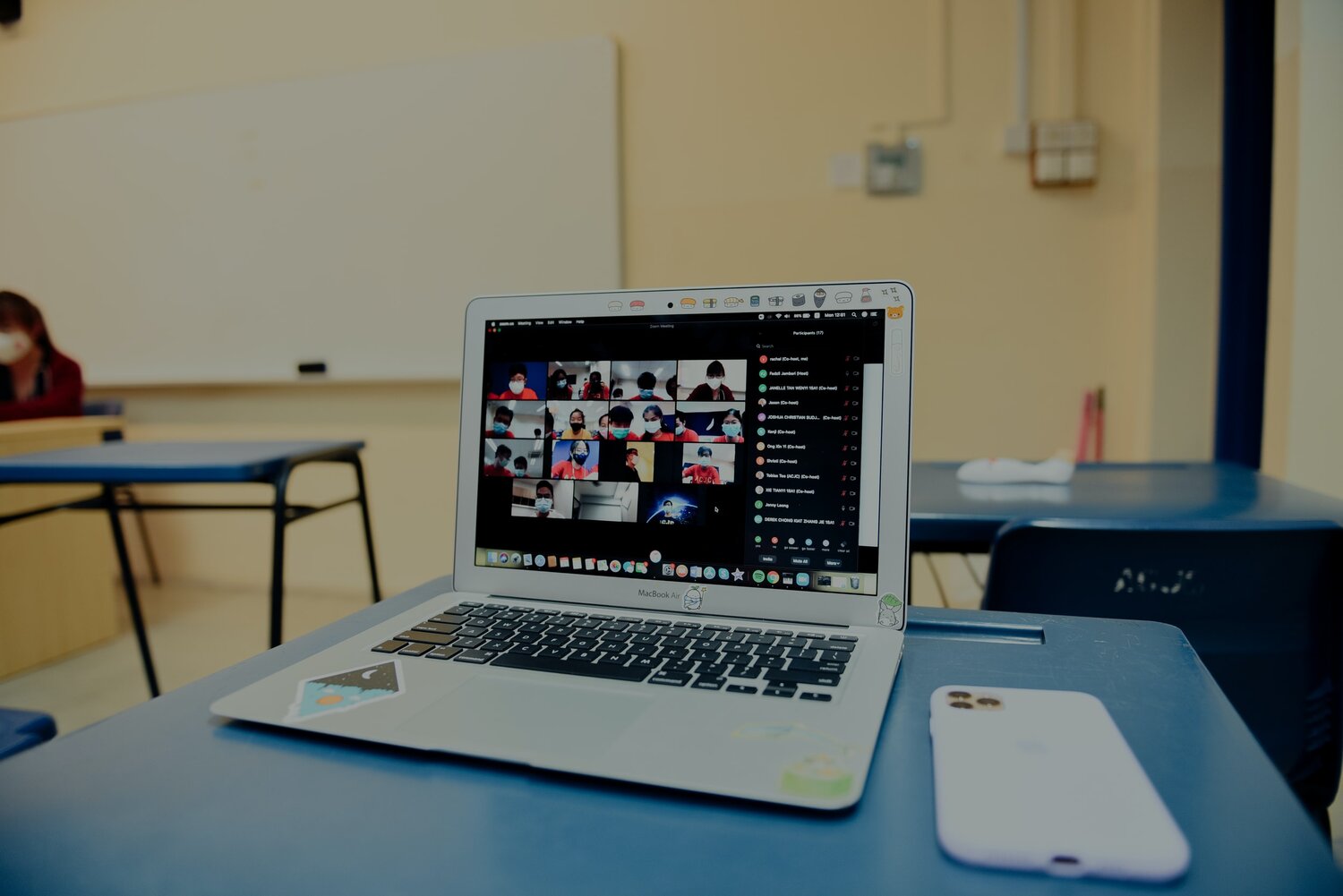The Emergency Broadband Benefit cannot be overlooked

The Emergency Broadband Benefit cannot be overlooked
The federal government will soon begin distributing a $50-per-month credit for broadband. It could help close the digital divide for as many as 155,000 Baltimore City households, senior leaders of the Robert W. Deutsch Foundation write in an op-ed.
This op ed first appeared in Technical.ly on March 29th, 2021. The Robert W. Deutsch Foundation is the philanthropic underwriter supporting Technical.ly Baltimore's Report for America corps member.
****
Baltimore City has a digital divide. COVID didn’t create this; rather, our digital divide is an outgrowth of pre-existing disparities, exacerbated by a global pandemic. The result is that Black and Latinx communities in our city are disproportionately harmed by both the COVID-19 virus and the economic recession. Recovery for Baltimore will be hard; but it will be outright impossible to “Build Back Better” unless we address the racial impact of the digital divide.
If COVID-19 has illuminated anything, it’s the fact that access to the internet is a necessity for achieving social and economic inclusion. It’s a job creator, an education provider, and a driver of innovation, creativity and social change. In short, it’s an essential service. Yet, across the city, 96,000 households lack home internet access. Black and Latinx residents overwhelmingly bear the brunt. Not only are they the most impacted by the digital divide, they are also the most impacted by educational setbacks, economic loss, food insecurity and compromised health conditions associated with the COVID-19 pandemic.
This is why the Emergency Broadband Benefit (EBB) is critical. The Federal Communications Commission (FCC) program provides discounted broadband and connected devices for low-income consumers during the COVID-19 pandemic. As a part of the pandemic recovery plan, the Consolidated Appropriations Act established an Emergency Broadband Connectivity Fund of $3.2 billion in the U.S. Treasury for the fiscal year 2021, in order to provide eligible low-income households a discount on the cost of broadband service and certain connected devices during the emergency period relating to the pandemic.
Specifically, the program provides a discount of up to $50 a month for broadband service for these households; it also includes a one-time discount of up to $100 for a laptop, desktop computer or tablet. EBB-eligible households include those who receive free or reduced lunch and school breakfast; a Federal Pell grant; qualify for the existing Lifeline program, or have lost a job or experienced a substantial loss of income since the start of COVID-19.
Let's marshal a Baltimore Digital Equity Brigade that can help to connect households to the internet.
Through our own commissioned research, using data from the Pew Research Center and American Community Survey, we estimate as many as 155,000 Baltimore City households qualify for the EBB on the basis of income-driven criteria and post-pandemic job or income loss. A $50 per month subsidy for each of these households could make a tremendous difference in their lives, ensuring education, job searches, medical appointments and more can continue. But reaching this many households is no small task. It will take all of us to ensure that no eligible household is left behind when online applications open in late April (estimated), and now is the time to prepare.
From houses of worship and neighborhood associations, to vaccine and food distribution centers, we must work to help eligible families access this benefit. Local media, schools, colleges, health centers, libraries, chambers of commerce, YMCAs and more will be needed. Workplaces should get involved, too, ensuring that all employees — especially those who were furloughed or laid off — receive information at home about this program. Everyone must step up! Make no mistake, this will take more than local nonprofit newsletters. We need to knock on doors, send text messages, make phone calls and distribute flyers to reach eligible families. Throughout this public awareness process, trusted messengers will play a crucial role. This will be especially true in communities with mixed-immigration-status, where the message that citizenship is not required for this benefit must be driven home.
As we mark the one-year anniversary of the start of COVID-19, the undeniable relationship between broadband and full participation in today’s society has been cast in sharp relief. The internet is the most transformative technology of our lifetime, and any equitable way forward must start by closing the digital divide for the communities most impacted by it. The opportunity is here, and we can’t pass it by. Let’s marshal a Baltimore Digital Equity Brigade that can help to connect households to the internet, and take a first step towards statewide economic revitalization.
